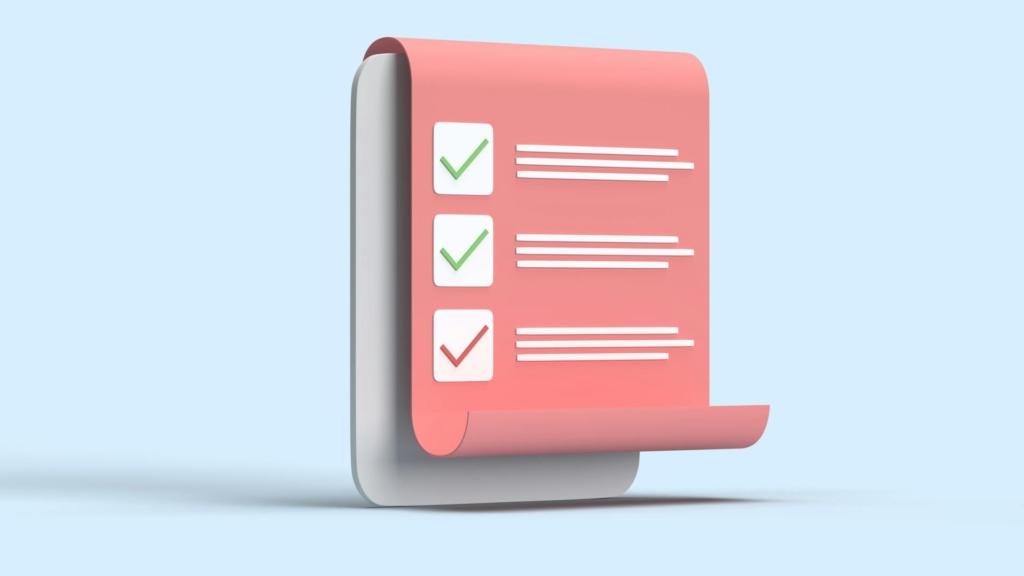Should I Fill Out the FAFSA if My Parents Make a Lot of Money?

Start Building Your
Child’s Credit
Many American families don’t use the Free Application for Federal Student Aid (FAFSA) to pay for college because applicants are stuck with the question: ”Should I fill out the FAFSA if my parents make a lot of money?”
If you also have this question in mind, you’re in the right place. We’ll answer whether you should apply for FAFSA if your parents make a lot of money, how FAFSA determines financial need according to the latest updates, and who shouldn’t fill out the FAFSA.
Should You Fill Out the FAFSA if Your Parents Have a High Income?

Yes, you should. There’s no reason you shouldn’t fill out the FAFSA if your parents make a lot of money. The government doesn’t restrict FAFSA applications to low- or moderate-income households.
Kathryn Kubiak-Rizzone, a financial advisor of About Time Financial Planning, believes that submitting the FAFSA only opens up your gateway to financial safety, merit-based awards, and more opportunities. Here are the main reasons why you should fill out the FAFSA even if you come from a high-income family:
- For merit-based aid
- For federal loans
Filling Out the FAFSA for Merit-Based Aid
Starting with the 2024–25 application cycle, the FAFSA has introduced the Student Aid Index (SAI), which indicates a family’s financial strength and ability to pay for college. If you have a high SAI due to your parents’ high income, you won’t qualify for need-based loans.
But not all scholarships are need-based—merit-based scholarships don’t take the SAI into account. Instead, you may qualify for these if you have an outstanding grade point average (GPA) or exceptional scores on standardized tests like the Scholastic Assessment Test (SAT).
Filling Out the FAFSA for Federal Loans
Even if your family has a high income that disqualifies you from receiving need-based aid, you can still obtain low-interest federal loans to help pay for college. Still, these loans are offered through the FAFSA, so you’ll need to fill out the application to be eligible to receive a student loan of this kind.
Can My SAI Be Low Even if My Parents Make Too Much for FAFSA?
The SAI is a new index used to estimate a student’s ability to pay for college that has replaced the previously used Expected Family Contribution (EFC). It’s calculated by the U.S. Department of Education based on the information provided on your FAFSA, such as your parents’ individual or combined income, your income, and your family’s assets.
Unlike the EFC, SAI doesn’t take into account any college-going siblings, meaning your parents won’t get a discount for putting multiple children through college anymore. Here’s how the SAI is used to determine how much aid you need:
Financial need = Cost of attendance (COA) – SAI
The cost of college attendance includes tuition fees as well as accommodation costs. Unlike the EFC (which could go to a minimum of 0), the SAI can be as low as -1,500, which is a good way to show greater financial need. In addition, there are multiple circumstances that can lower your SAI even if your parents make too much for FAFSA. These include:
- Having independent student status
- Experiencing financial hardship
Having Independent Student Status
If you qualify as an independent student when filling out the FAFSA, your parents’ income won’t be reflected on your application, which will lower your SAI. You may be considered independent if you’re:
- 24 years old
- A graduate or professional student
- Serving on active duty in the military
- Married
- A parent yourself
Experiencing Financial Hardship
In cases of significant financial hardship, such as high medical expenses or a change in income, your SAI may be lowered based on the documentation you provide to the financial aid office.
This means that even if you think your parents make too much for FAFSA, you can strengthen your case for getting a good amount of financial aid with evidence of any of the following:
- Loss of income (for example, demotion or deductions)
- Change in employment
- Change in marital status
- Change in family size
- Death of a spouse/parent
- Parent enrolling in college full time
- Not receiving child support
- New healthcare costs not covered by insurance
- Loss of all assets or investments due to a natural disaster
Who Is Eligible To Fill Out the FAFSA?

Financial considerations aren’t the only factor to think about when filling out the FAFSA—there are several other requirements you must fulfill:
- Applicants must be U.S. citizens, U.S. nationals, or eligible noncitizens with valid immigration status (such as permanent residency or refugee/asylum status)
- Students must be enrolled or accepted for enrollment in an eligible degree or certificate program at an accredited institution
- Most applicants must have a high school diploma or equivalent credential, such as a General Educational Development (GED) certificate. Homeschooled students or those who completed high school through an alternative educational program may also meet this requirement
- Students must maintain satisfactory academic progress (SAP) according to the standards set by their college or university. SAP typically includes requirements related to GPA, course completion, and the maximum time frame for degree completion
- Applicants must not be in default on any federal student loans or owe a refund on a federal grant
If you meet these criteria, it’s a good idea to fill out the FAFSA even if your parents make too much for it.
Who Isn’t Eligible To Fill Out the FAFSA?
While high parental income doesn’t prevent you from submitting the FAFSA, being stuck in any of the following situations may make you ineligible for any sort of financial aid from the government:
- Being involved in serious crimes like drug dealing
- Having a record of arrests and misdemeanors
- Not being a U.S. citizen or eligible noncitizen
- Being an applicant for a federal loan
If you find your FAFSA application has been denied based on one of the reasons above, even though you’ve never encountered these situations in real life, you may be a victim of identity theft.
College students are frequently targeted by identity thieves, and research shows that 22% of students discover their identity was stolen only when debt collectors contact them. By the same token, students learn about FAFSA fraud too late, leaving them not only ineligible for FAFSA but also responsible for repaying loans they never obtained.
This is why it’s a good FAFSA tip to invest in an identity protection service like FreeKick, which provides comprehensive identity protection features such as dark web monitoring, credit profile monitoring, and identity theft insurance. This is especially valuable if you belong to a high-income household as your identity will be a more attractive target for scammers during a potential cyber attack.
FreeKick—A Comprehensive Identity Protection and Credit Building Platform
In addition to secure identity, a good credit profile is also crucial for a successful FAFSA application because it tells lenders how financially responsible you are. This is another aspect where FreeKick helps—it’s an FDIC-insured deposit account brought to you by Austin Capital Bank that your parents can use to build a solid credit profile for you.
Identity Protection With Freekick
A child’s identity is stolen every 30 seconds. If you become a victim of this crime, you may be rendered ineligible for FAFSA regardless of your parents’ income and can even get charged with grave crimes like credit card theft.
Unfortunately, high-income families are frequent targets of identity theft, which is why it’s good advice for your parents to sign up for identity protection if you plan to fill out the FAFSA. FreeKick’s identity protection services include:
| Services for Minors | Services for Adult Children and Parents |
| Credit profile monitoring SSN monitoring Dark web monitoring for children’s personal information Up to $1 million identity theft insurance Full-service white-glove concierge credit restoration Sex offender monitoring—based on sponsor parent’s address | Credit profile monitoring SSN monitoring Dark web monitoring for personal information Up to $1 million identity theft insurance Full-service white-glove concierge credit restoration Lost wallet protection Court records monitoring Change of address monitoring Non-credit (Payday) loan monitoring Free FICO® Score monthly FICO® Score factors Experian credit report monthly |
Credit Building With FreeKick
FreeKick’s credit building service is designed for children and young adults between 13 and 25 years of age. It’s a great way to help both you and your siblings establish a credit history via three simple steps—all your parents have to do is:
- Create an Account—Create an account on FreeKick.bank and choose a deposit that suits your family’s budget
- Set It and Forget It—Once your parents activate the account, FreeKick will start building 12 months’ worth of credit history for you and your siblings
- Keep Growing—After 12 months, your parents can close the account without any fees or continue building credit for you by renewing it for the next year
As a result, you get a payment history and a credit history head start of up to five years when you become an adult. This translates into $200,000 saved during your lifetime due to more favorable loan terms, making it a great investment even beyond your college years.
FreeKick Pricing
FreeKick offers two pricing plans:
| FDIC-Insured Deposit | Annual Fee |
| $3,000 | $0 (Free) |
| No deposit | $149 |
Both plans include credit building for six children aged 13–25 and identity protection for two parents and six children aged 0–25.
Make sure you remain eligible for FAFSA with your parents’ help—sign up for FreeKick today.